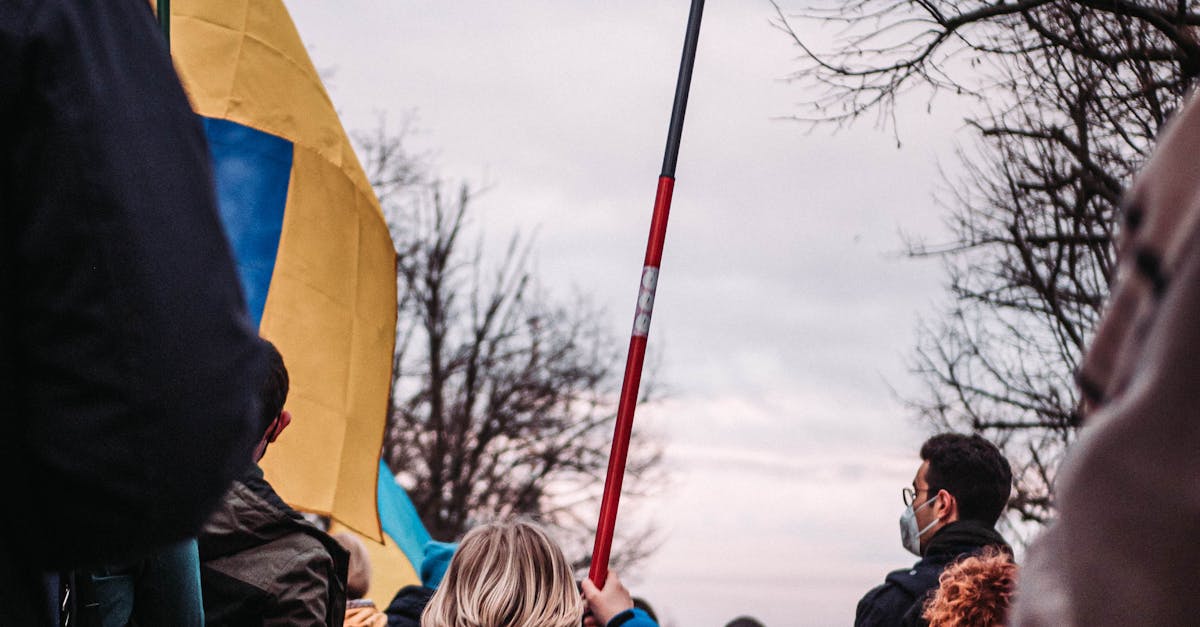
Steve Witkoff, recently in the spotlight as a U.S. envoy, has been actively involved in high-stakes diplomatic efforts concerning the ongoing conflict between Russia and Ukraine. This article explores the latest news about Witkoff’s key role in negotiations, focusing on his recent meetings and the broader implications for international relations.
Diplomatic Mission to Moscow and Talks with Putin
Steve Witkoff made headlines with a last-minute visit to Moscow where he engaged directly with Russian President Vladimir Putin. The meeting lasted approximately three hours and occurred just days before an important deadline linked to U.S. President Donald Trump’s sanctions policy against Russia. Witkoff’s mission was to seek a possible breakthrough in the nearly four-year conflict sparked by Russia’s full-scale invasion of Ukraine.
This diplomatic endeavor was carried out in a tense atmosphere, underlining the urgency from the U.S. side to encourage Russia to agree to peace terms before facing new punitive measures. Witkoff’s engagement reflects an unusual approach, sending a prominent envoy to negotiate face-to-face at a time when the war shows no signs of a quick resolution. The talks appeared to be part of a broader strategy to buy time or create openings for dialogue, although the Kremlin’s intentions remained cautious and measured.
Context and Significance of the Negotiations
The recent talks in the Kremlin symbolize both the complexity and fragility of the current geopolitical landscape. Witkoff’s role as an envoy highlights a shift towards more direct personal diplomacy in addressing the protracted conflict. The deadline set by the U.S. administration aimed at pushing Russia toward a ceasefire or peace agreement was critical, representing a pivotal moment in the international community’s response to the war.
Despite the intense diplomatic efforts, Russian officials and international observers remain skeptical about the likelihood of a near-term breakthrough. The Kremlin appears to be using the dialogue to manage external pressure without committing to substantial ceasefire terms. Meanwhile, Witkoff’s involvement signals the United States’ commitment to exploring diplomatic channels alongside other strategies such as sanctions.
Understanding Witkoff’s role requires recognizing the delicate balance of power and competing interests at play. His mission underscores the importance of personal diplomacy and persistent engagement in attempts to influence one of the most challenging conflicts of recent years.
In summary, Steve Witkoff’s recent diplomatic visit to Moscow to meet with Vladimir Putin underscores a crucial moment in U.S.-Russia relations amid the ongoing Russia-Ukraine conflict. Acting as a special envoy, Witkoff sought to negotiate peace terms ahead of a significant sanctions deadline, highlighting a strategic effort to resolve a prolonged war through dialogue. Although results remain uncertain, this development illustrates the continued importance of negotiation efforts in global diplomacy, reflecting both the challenges and potential avenues for peace. Steve Witkoff’s active involvement marks a significant chapter in ongoing diplomatic attempts to address this complex international crisis.